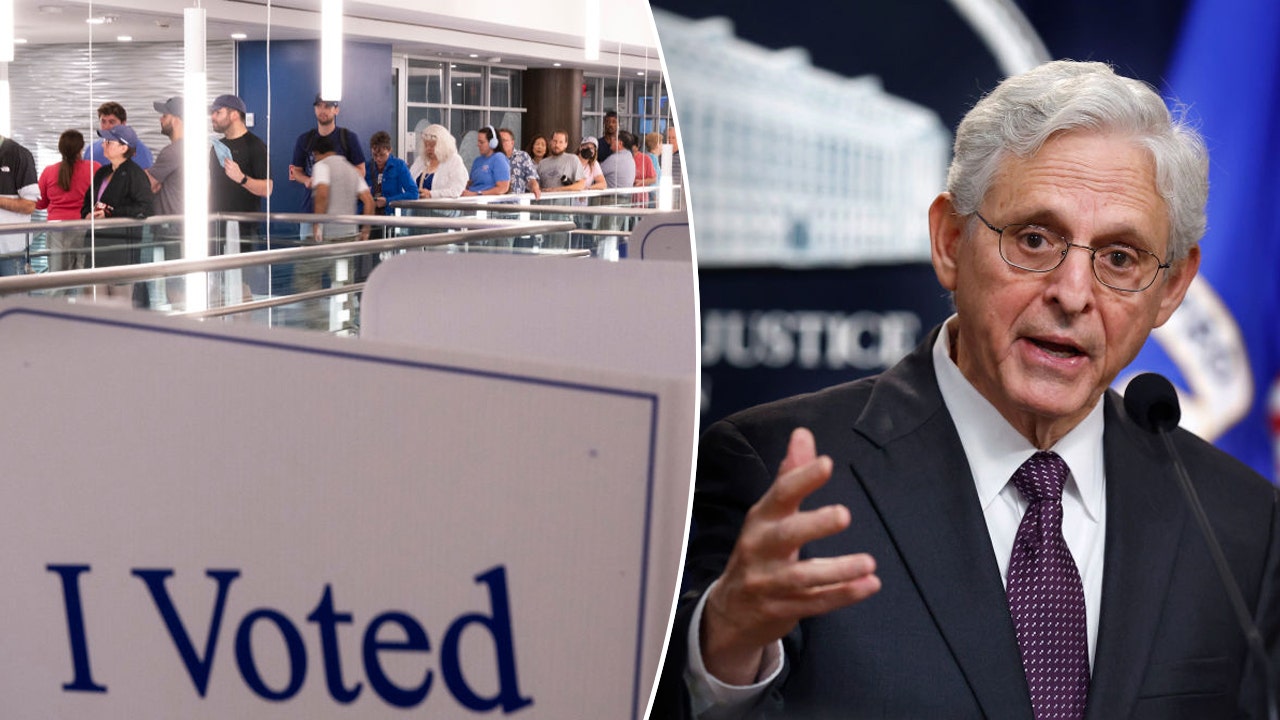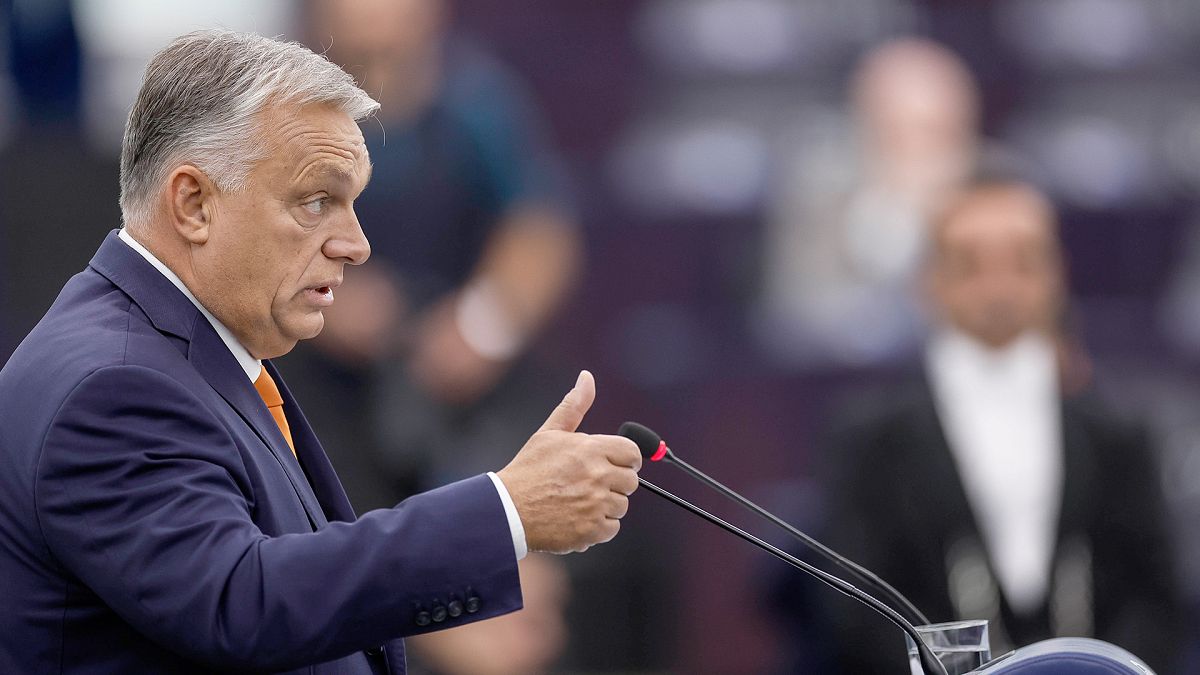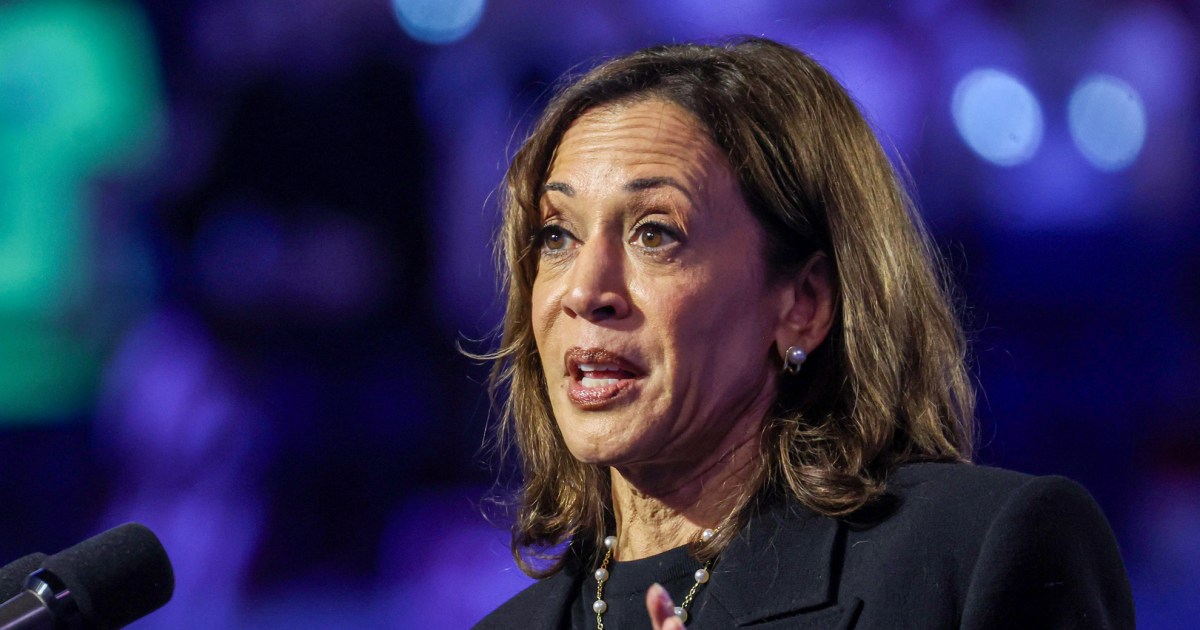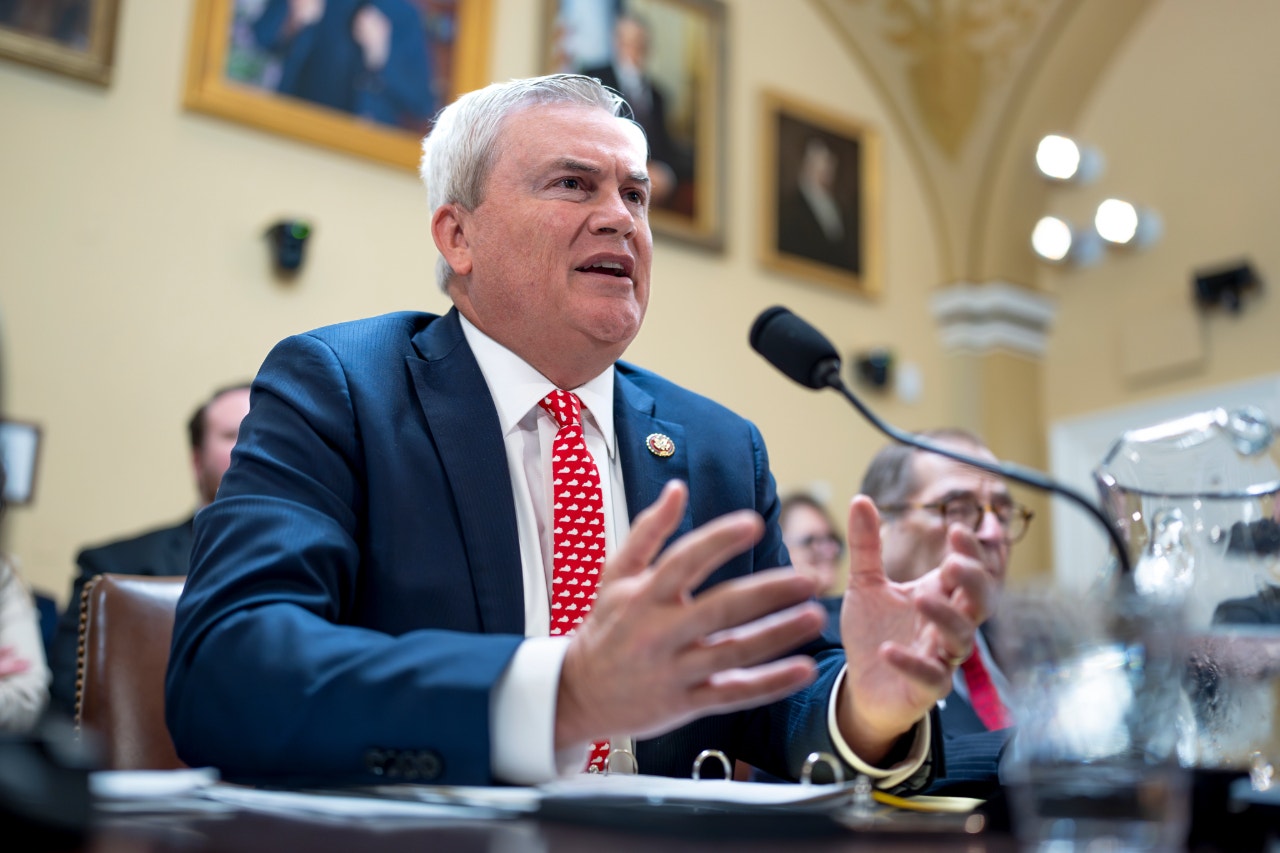Virginia
Virginia Education Association discusses pay discrepancy for teachers

ROANOKE, Va. – The Virginia Education Association wants to clear up statements Gov. Glenn Youngkin made to 10 News about teacher pay moving forward.
This week, the governor signed the next biennium budget for the state. One highlight of the budget was a record amount of investment into education, including teacher pay.
“At the heart of the investment is bringing teacher salaries from well below the national average, to at the national average this year and expected to be in excess of the national average over the next two years,” Youngkin said in an interview with 10 News on Tuesday.
Following 10 News’ story, the Virginia Education Association (VEA) reached out saying the governor’s statement is inaccurate.
“The governor is referencing the Virginia Department of Education’s ‘Annual Salary Survey Report’ which takes into account averages from guidance counselors and other technical positions,” Chad Stewart with VEA said.
The VEA even sent a letter to the governor’s office reading in part:
VDOE’s “Annual Salary Survey Report” includes all salary expenditures (including supplemental pay) for classroom teachers, homebound teachers, guidance counselors, librarians, and instructional technology positions. NEA includes only classroom teachers, substitutes, and homebound teachers (the same method for each state) and DOES NOT include supplemental pay
VEA letter to Gov. Youngkin
“It’s not an apples-to-apples comparison. We’re kind of taking this orange from our own Virginia Department of Education number and inserting it into the National Education Association report,” Stewart said.
Virginia’s estimated average teacher pay in the most recent NEA Rankings and Estimates Report released two weeks ago is $65,058 this year, $6,641 below the estimated national average which is $71,699.
Stewart also said the state will need to offer a 14% increase in the next budget cycle to reach the promised legislative goal of meeting the national teacher pay average by the 2027-28 school year.
Copyright 2024 by WSLS 10 – All rights reserved.

Virginia
Syracuse football: what to watch for vs Virginia Tech

The Syracuse Orange (5-2, 2-2) welcome the Virginia Tech Hokies (5-3, 3-1)to the Dome on Saturday for a critical ACC match-up. Kickoff is Noon on The CW and here’s what we’re watching for:
Kevin: Protect Kyle
Virginia Tech defensive end Antwaun Powell-Ryland has nine sacks and seventeen hurries on the season and leads a strong Hokies pass rush. Syracuse needs to keep APR from disrupting their passing game so that Kyle McCord can attack a secondary rated the second-worst in coverage by PFF. Will the Orange use screens and draws to force APR to read and react instead of letting him just tee off and attack McCord? If Syracuse can negate APR’s impact they could score enough to win this one.
Mike: Make the Most of Allen
With Yasin Willis doubtful for Saturday’s game, this could be the first time since last season where LeQuint Allen is leaned on as a bell-cow back. How much that affects the offensive gameplan remains to be seen, but it might incite more designed plays as opposed to the RPO package SU has run very frequently. The o-line is struggling to block effectively on option plays lately so to make sure they can get Allen wide lanes to run through, a more traditional approach could work better this week.
Dom: Keeping momentum up for Syracuse’s 12th man
The Orange are once again back in the Dome for the first time in quite a while (September 28 to be exact). Since then, Syracuse’s road trip resulted in two nice wins over UNLV and NC State, then most recently with a bitter blowout loss. Fans will be looking for the Orange to bounce back against an inconsistent but still tough ACC opponent. Considering it’s also alumni weekend, the Dome should have plenty of seats filled and should look to take care of business.
Max: Keep Kyron Drones in the pocket
VT’s quarterback is extremely dangerous in the running game, racking up over 300 rushing yards through eight games, good for 19th in the ACC. The only conference QBs with more rushing yards are Georgia Tech’s Haynes King and Stanford’s Ashton Daniels, who gave the Orange fits on the ground this year. Syracuse’s rush defense still ranks in the top 50 in rush yards allowed per game, and it will need to keep Drones in the pocket to find some success this Saturday.
************************************************************************************
What will you be watching for on Saturday?
Virginia
A GOP-dominated Supreme Court resuscitates Youngkin’s late-game Virginia voter purge • Virginia Mercury

The U.S. Supreme Court, in a partisan vote, did exactly what many feared it would do Wednesday in this pivotal election season and green-lighted a Republican-ordered, late-in-the-game scouring of Virginia voter rolls in search of “noncitizens.”
U.S. Supreme Court grants stay in challenge to Youngkin’s voter purge order
The court’s two-thirds majority of Republican-appointed justices (three by former President and current GOP nominee Donald Trump) granted a stay that Virginia’s Republican-led executive branch sought, after federal district and appellate courts temporarily voided Gov. Glenn Youngkin’s order 90 days before the election to purge Virginia voter rolls.
That means that the 1,600 people who failed to check the correct box on a Virginia Department of Motor Vehicles form and, in many cases, mistakenly identified themselves as noncitizens were excised from rolls of registered voters. Now, they bear the burden, if they’re lucky enough to find out about it in time, of re-registering at this late hour and casting provisional ballots subject to challenge after the polls close.
Youngkin has sought to position himself as a hero standing resolutely against hordes of swarthy outsiders corruptly seeking to influence American elections.
To be clear, Youngkin is legally and morally right in asserting noncitizens have no business voting in U.S. elections. Yet he’s never shown proof that it happens.
According to the Washington Post, no noncitizen has tried to vote in Virginia since he became governor. What’s more, only three people were prosecuted since January 2022 for illegal voting of any kind in Virginia, the Post reported.
Former top state election officials say that maintaining clean, up-to-date voter rolls is work that goes on almost year-round as required under a 2006 state law — except in the three months before elections. Federal law specifically bars states from systematically purging its rolls during a “Quiet Period” 90 days ahead of a federal election.
All of which imparts an unmistakable partisan odor — rooted in Trump-inspired election denialism and nationwide Republican “election integrity” initiatives — to Youngkin’s Aug. 7 order to take extraordinary, expedited steps to find and excise noncitizens during that exact 90-day pre-election period.
Youngkin’s order is much more likely to disenfranchise actual citizens for paperwork snafus than to snare a foreigner hell-bent on voting. But then, this was always about political posturing, irrespective of bad operational outcomes or adverse consequences for legitimate citizen voters like lifelong Republican Christine Rabassa of Henrico County or Rina Shaw of Chesterfield County, both U.S.-born citizens and longtime registered voters.
Clean voter rolls are essential, but Youngkin’s late, politically driven ‘purge’ deserves challenge
Rabassa said in a sworn affidavit in support of litigation filed in U.S. District Court against Youngkin’s Executive Order 35 that she discovered her registration was “canceled” after she showed up for early in-person voting. She said a Henrico election supervisor “took her into a separate room” and told her she was removed for failing to check a box indicating her citizenship when she renewed her driver’s license in August and that she would have to re-register. She was turned away from the polls that day without being offered a provisional ballot and required to return another day to vote, the affidavit states.
Shaw also had no idea that a DMV clerical error compromised her right to vote.
“I actually wasn’t notified by Virginia. I was notified by NPR,” the unemployed computer programmer told the Mercury on Wednesday.
Had the public broadcaster not sought an interview with her for its Oct. 30 story on Youngkin’s order, Shaw said, she would have found out as Rabassa had — by being turned away at the polls. She said she called the Chesterfield registrar’s office and was told her removal was “a mistake,” though there was no explanation for it. She said she was assured that she was being reinstated and found when she checked her registration status online Wednesday that she had.
From this columnist, however, Shaw learned to her dismay that the Supreme Court’s Republican majority prevailed 6-3 in granting Virginia’s request for a stay, halting enforcement of lower court orders to reinstate voters in situations like hers and Rabassa’s.
“That’s ridiculous,” she said, adding, “… and it was the same six votes that struck down Roe v. Wade, wasn’t it?” That decision in June 2022 ended 49 years of federal protection for abortion rights.
Yes, Rina. It was.
So, five days and a wakeup until the nation decides whether Trump or Democratic Vice President Kamala Harris will lead the free world for the next four years, Youngkin and Republican Attorney General Jason Miyares are joining other Republican-led states in imposing restrictions that make voting harder, especially for those with the fewest resources.
Alabama’s Republican secretary of state attempted a voter-removal program similar to Youngkin’s that was also struck down by a federal judge. It was unclear Wednesday whether the Supreme Court will rule similarly in Alabama’s case as it did in Virginia’s.
In the 2020 and 2024 battleground state of Georgia, a state judge struck down a rule approved Sept. 20 by the pro-Trump conservative majority of that state’s electoral board that would have required the hand count of millions of paper ballots. It’s a state Trump narrowly lost in 2020 despite his desperate, corrupt attempt to sandbag Georgia’s Republican secretary of state, Brad Raffensperger, “to find 11,780 votes,” the margin by which he trailed Democrat Joe Biden.
There’s a bromide in politics about what motivates the two parties to vote, and there’s a lot of truth to it: “Democrats have to fall in love; Republicans just fall in line.”
Youngkin recognizes that opposing Trump is lethal in today’s Trump-owned GOP where apostates are targeted for primaries and defeated. Just ask outgoing Rep. Bob Good or former Rep. Denver Riggleman, both Virginia Republicans who fell out of favor with Trump during their time in office.
In 2021, Youngkin was hailed nationally as the GOP’s post-Trump path forward when he won the governorship on his first bid for elective office with a genial, pragmatic, avuncular style that played well in Virginia and ended a 12-year GOP drought in statewide elections. Now, mindful of his party’s current landscape and his own lofty national ambitions, he has Super Glued his lips to Trump’s ample derriere.
He fell in line.
GET THE MORNING HEADLINES.
Virginia
Virginia law at center of voter rolls controversy was once a bipartisan issue – WTOP News
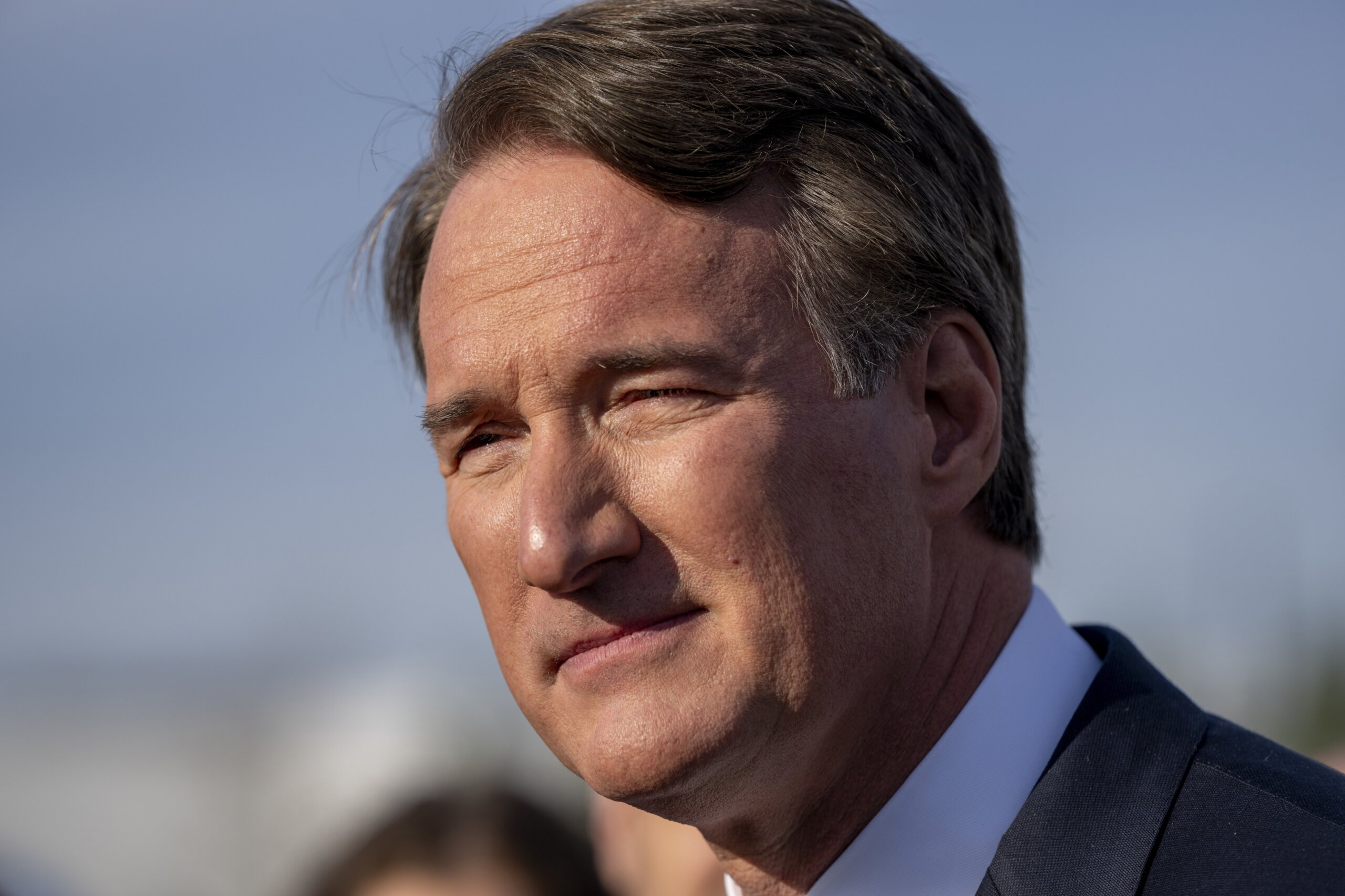
The Virginia law allowing election officials to remove people from voter rolls if they are listed as noncitizens has led to controversy during this election cycle, but it was once a politically neutral issue.
The Virginia law allowing election officials to remove people from voter rolls if they are listed as noncitizens has led to controversy during this election cycle, but it was once a politically neutral issue.
John Aughenbaugh, a political science professor at Virginia Commonwealth University, said the law was championed by Ken Cuccinelli, who was then a Republican state senator and later became attorney general.
It was signed into law in 2006 by Democratic Gov. Tim Kaine.
“It was basically a bipartisan measure,” Aughenbaugh said.
Even though the law has been on the books for nearly 20 years, this is the first time it has become so contentious.
“In part, the reason why it became an issue is that the Biden administration became very skeptical of states purging their voter rolls in the aftermath of what Georgia did after the 2020 presidential election,” Aughenbaugh said.
A sweeping rewrite of Georgia’s election rules was signed into law in 2021 by Republican Gov. Brian Kemp, making numerous changes to how elections are administered, including adding a new photo ID requirement for voting absentee by mail.
Republican supporters said the law was needed to restore confidence in Georgia’s elections. But Democrats said it would restrict voting access, especially for voters of color.
“President Biden gave an infamous speech where he said that his Justice Department would not allow states like Georgia to reinstitute Jim Crow laws,” Aughenbaugh said. “This has been a point of emphasis for the Biden administration.”
The Justice Department filed a suit against Virginia earlier this month, arguing that making large-scale changes to voter rolls within 90 days of an election was against federal regulations.
Republican Gov. Glenn Youngkin and his administration took the case all the way to the Supreme Court, which ultimately sided with Youngkin on Wednesday.
Aughenbaugh said Youngkin’s administration “didn’t do anything unusual” in implementing the law.
What was unusual, according to Aughenbaugh, was Youngkin publicly drawing attention to the law and issuing an executive order “codifying” it exactly 90 days before this year’s election.
“If it wasn’t issued as an executive order and it didn’t get publicized, then perhaps it wouldn’t have caught the attention of the Biden administration,” Aughenbaugh said.
Aughenbaugh said state lawmakers could potentially make changes to the law, like having it paused within 90 days of an election, in order to prevent such a controversy in the future.
“I think the General Assembly should give some consideration to revising the law to avoid this kind of conflict,” Aughenbaugh said. “This is completely unnecessary.”
Get breaking news and daily headlines delivered to your email inbox by signing up here.
© 2024 WTOP. All Rights Reserved. This website is not intended for users located within the European Economic Area.
-

 Movie Reviews1 week ago
Movie Reviews1 week agoAlien Country (2024) – Movie Review
-
/cdn.vox-cdn.com/uploads/chorus_asset/file/25431700/STK201_SAM_ALTMAN_CVIRGINIA_A.jpg)
/cdn.vox-cdn.com/uploads/chorus_asset/file/25431700/STK201_SAM_ALTMAN_CVIRGINIA_A.jpg) Technology7 days ago
Technology7 days agoOpenAI plans to release its next big AI model by December
-

 Health6 days ago
Health6 days agoNew cervical cancer treatment approach could reduce risk of death by 40%, trial results show
-

 Culture7 days ago
Culture7 days agoTop 45 MLB free agents for 2024-25 with contract predictions, team fits: Will Soto get $600M+?
-
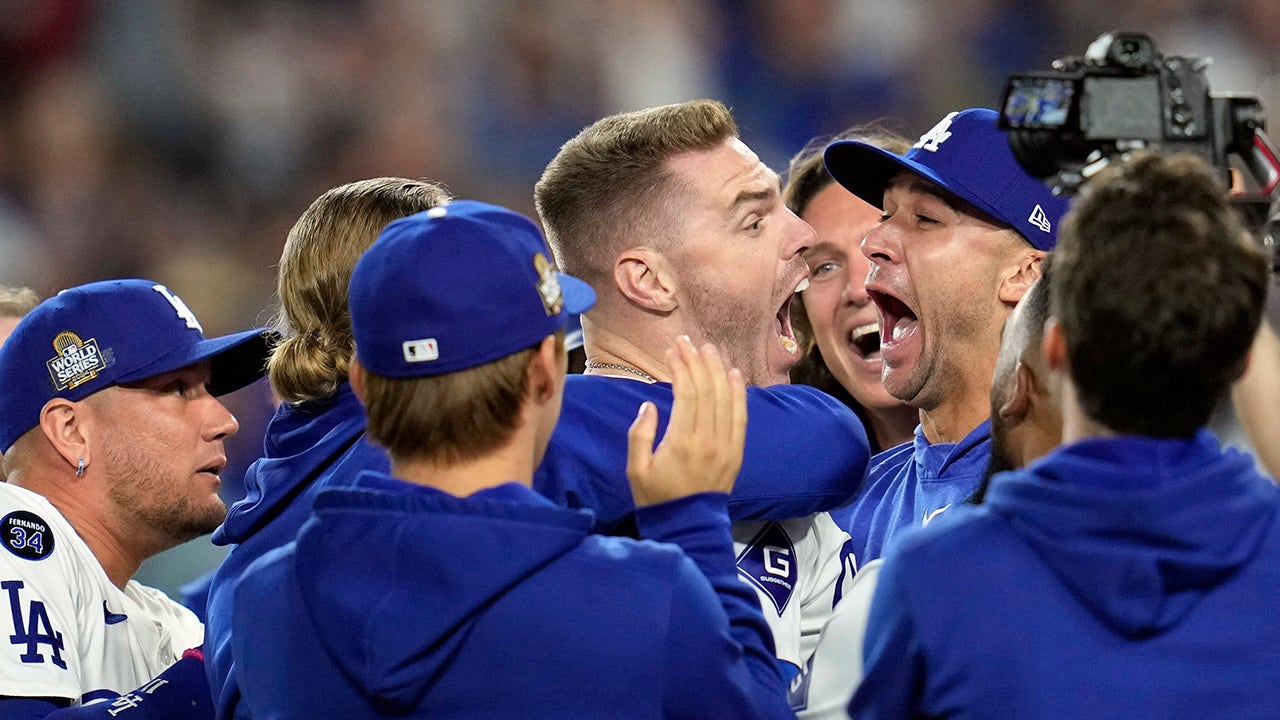
 Sports5 days ago
Sports5 days agoFreddie Freeman's walk-off grand slam gives Dodgers Game 1 World Series win vs. Yankees
-
News5 days ago
Sikh separatist, targeted once for assassination, says India still trying to kill him
-

 Culture5 days ago
Culture5 days agoFreddie Freeman wallops his way into World Series history with walk-off slam that’ll float forever
-

 Technology4 days ago
Technology4 days agoWhen a Facebook friend request turns into a hacker’s trap
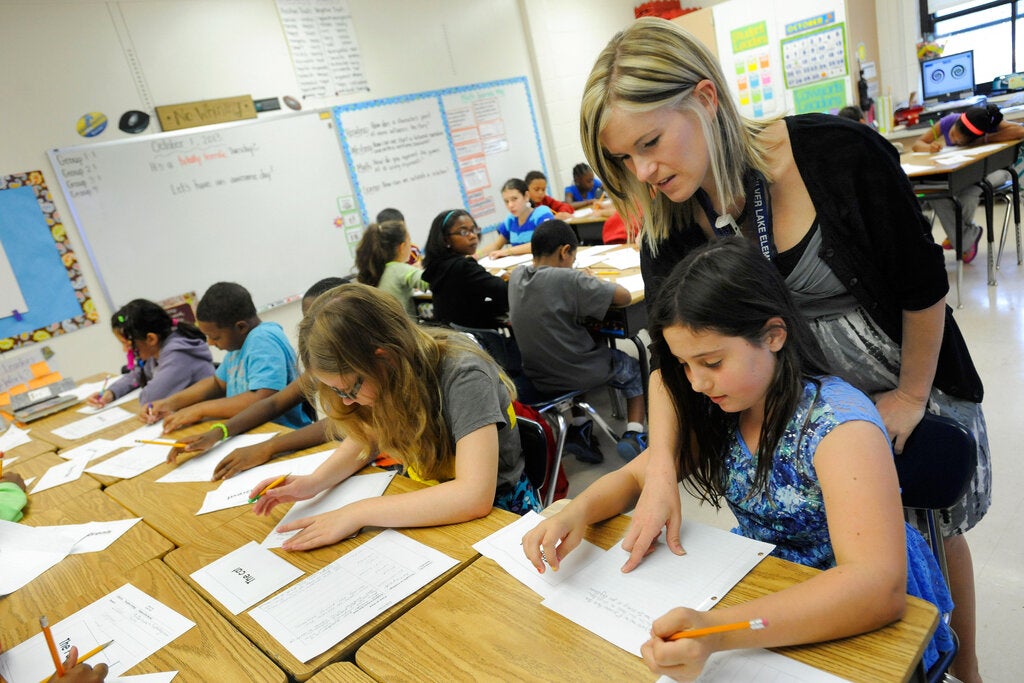








/cdn.vox-cdn.com/uploads/chorus_asset/file/25697380/STK071_APPLE_A.jpg)





